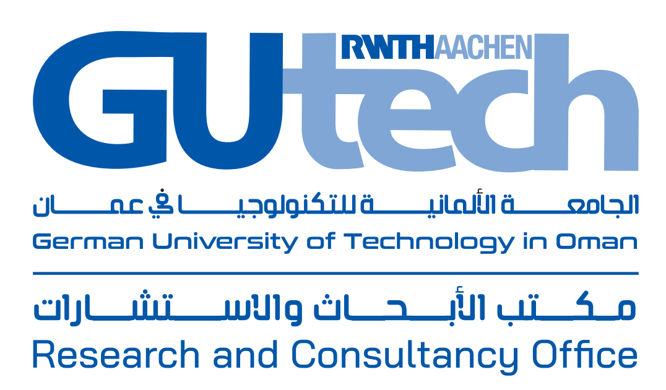Developing Capturing System to Reduce the CO/CO2 emission from the Vessels


Dr. Eng. Najah Al Mhanna
(Principal Investigator)
Dr. Eng. Najah Al Mhanna
(Principal Investigator)
- Home
- /
- Research and Consultancy Office
- /
- Research projects
- /
- EJAAD
- /
- Developing Capturing System to...
 |
 |
 |
 |
Sector : Logistics
Industrial Challenge (2023 – 2024)
Research Area: Net Zero Emission- Decarbonization
Developing Capturing System to Reduce the CO/CO2 emission from the Vessels
Research team
Prof. Patchigolla Kummar (Co-Principal Investigator)- Teesside University
Dr. Sausan Al-Riyami (Co-Investigator)- Oman Hydrogen Centre – GUtech
Eng. Mrs. Lanah Al Sammarraie (Research Assistant)-GUtech alumni
Eng. Mr. Ahmed Al Aamri (Research Assistant)- GUtech
Ms Noor Al Maamari (GUtech Student)- GUtech
ASYAD Team
Mr. Ahmed Al Ghafri – Digital & Innovation Manager, Asyad Corporate, (Asyad-EJAAD Focal Point)
Eng. Mr. Abdullah Najman Al Balushi- Manager Project, Asyad Shipping
Eng.Mr. Ajay Verma- Sr. Manager – Technical, Asyad Shipping
Eng. Mr. Ali Al Maskari- Technical Superintendent, Asyad Shipping
Project Summary
According to International Marine Organization (IMO), The shipping greenhouse gas emissions (GHG), in 2018, is sharing 2.89% of global GHG emissions and this emissions is estimated to increase to 130% of 2008 emissions by 2050. The CO2 emissions of total shipping have increased from 962 million tonnes in 2012 to 1,056 million tonnes in 2018 (9.3% increase). Therefore, at least 20% reduction in the international shipping total annual GHG emissions has to be achieved by 2030 while a 70% reduction in GHG is the goal of 2040 Asyad and GUtech are showing an excellent example of Industry-Academia collaboration that contributes to Oman Vision 2040 and to Oman commitment towards the environment by achieving Oman net zero emission goal. Carbon capture utilisation and storage (CCUS) will play a key role in mitigating these emissions. In this project, we bring together our expertise and capability to design post-combustion carbon capture technology to demonstrate the applicability of low-cost environmental friendly solvent on-board for different vessels (tankers, cargo, passenger ships and CO2 carriers) using conventional fuels. Special provisions are required on ships to accommodate the CO2 capture system, and once captured liquefaction and storage space requirements. Therefore, The aim of this study is to develop an advanced capturing system that can remove up to 100% CO2 from an outlet flue gas stream that is generated by marine engine, and to regenerated the captured CO2 at high purity. Thus, it can be further utilized. Finally, this project conducts cost estimation of this technology installation on ships.
As per IEA organization, the global usage of CO2 is almost 230 million tonnes (Mt) annually, where the fertilizer industry is consuming 130 MT CO2 followed by the oil and gas industry which consumes 80 MT CO2 for EOR (Enhanced Oil Recovery).
.png)


